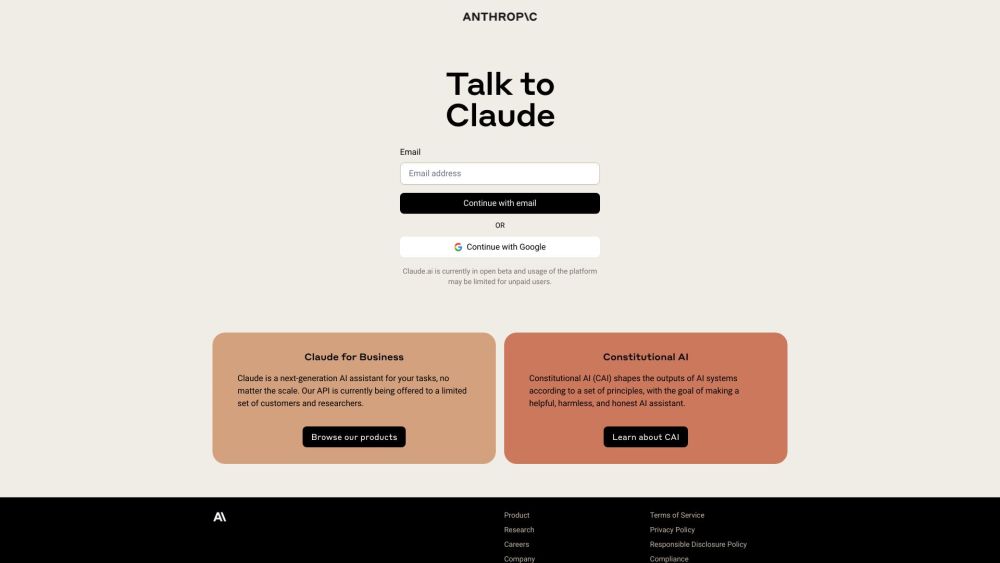Anthropic Launches Claude 3 Series: A New Chapter in AI Competition
A fresh wave of competition is emerging in the artificial intelligence landscape. On Monday, prominent startup Anthropic unveiled its Claude 3 series of large models, which includes three versions: Haiku, Sonnet, and Opus. These models are designed to cater to the diverse needs of enterprise clients. Anthropic claims that the Claude 3 series has outperformed OpenAI's GPT-4 and Google's Gemini 1.0 Ultra in multiple benchmarks, showcasing its robust capabilities.
Founded by former leaders of the GPT-3 development team at OpenAI, Anthropic is positioned as a strong competitor in the AI arena. The launch of the Claude 3 series not only highlights Anthropic's innovative prowess but also marks a significant move into the enterprise market.
The standout features of the Claude 3 series include superior performance and versatility. Anthropic asserts that this series sets new industry standards across various cognitive tasks, such as predictive analytics, content generation, code writing, and multilingual conversations. Additionally, the Claude 3 models are designed for quick responsiveness, enabling efficient handling of complex tasks.
To address the varying requirements of businesses, Anthropic crafted three distinct versions of the Claude 3 model. Claude 3 Opus is the most advanced variant, excelling in managing intricate tasks with near-human comprehension and fluency. Claude 3 Sonnet strikes an optimal balance between intelligence and response speed, making it particularly suitable for scenarios that demand quick reactions. Meanwhile, Claude 3 Haiku is known for its compact design and cost-effectiveness, making it ideal for large-scale information retrieval tasks.
Anthropic has conducted thorough research and optimization to tackle the challenges faced by enterprise clients. The Claude 3 series boasts significant advancements in visual capabilities, accuracy, long-text input handling, and security, aligning more closely with the practical needs of businesses. The company emphasizes the application of "constitutional AI" techniques in the training of Claude 3, aiming to enhance the model's safety and reliability, thus providing business users with more trustworthy AI solutions.
Currently, both the Haiku and Sonnet models are available for use in 159 countries, with the most powerful version, Opus, set to launch soon. Furthermore, Anthropic has extended its market reach by partnering with Amazon and Google Cloud Platforms. These tech giants have invested $4 billion and $2 billion in Anthropic, respectively, underscoring their confidence in the company's technology.
Industry experts predict that the introduction of the Claude 3 series will further drive the adoption and development of AI technology in the enterprise sector. As more businesses focus on and experiment with AI, innovative companies like Anthropic are positioned for substantial growth and opportunities in this vast market.
In summary, the release of the Claude 3 series not only showcases Anthropic's innovative capabilities and technological strengths in artificial intelligence but also offers enterprises smarter, more flexible, and secure AI solutions. With widespread application and ongoing optimization of these models, Anthropic is poised to achieve remarkable success in the AI field.





